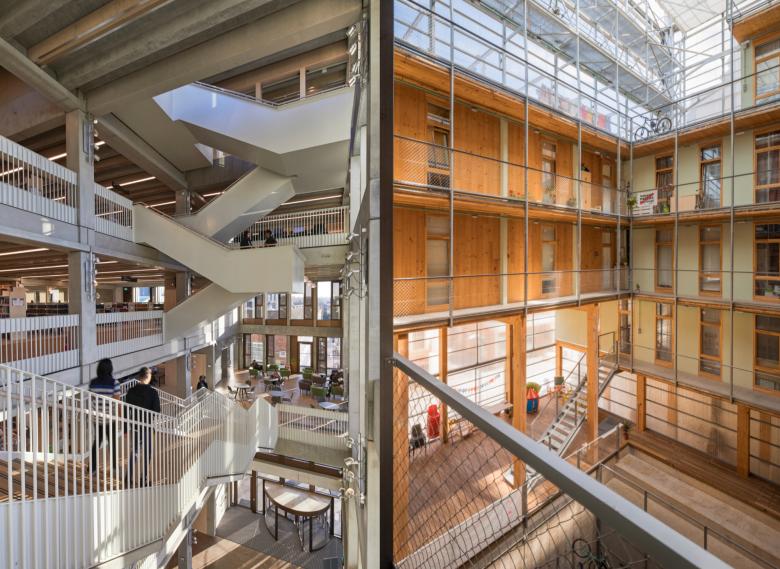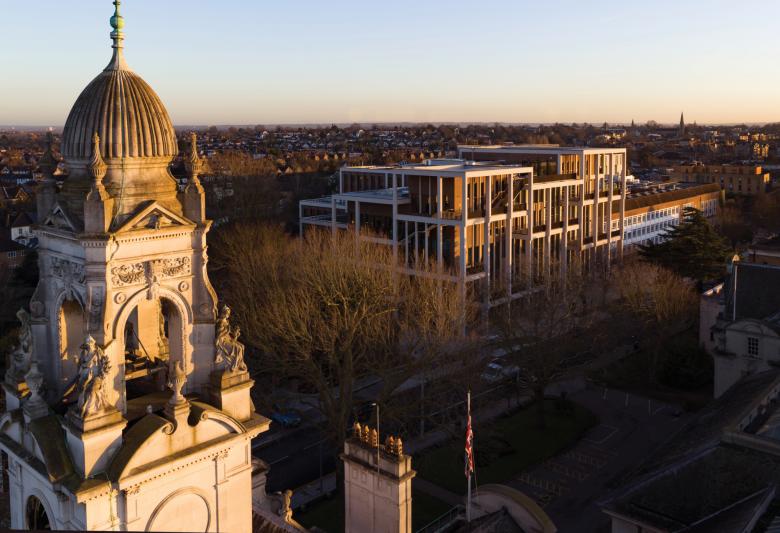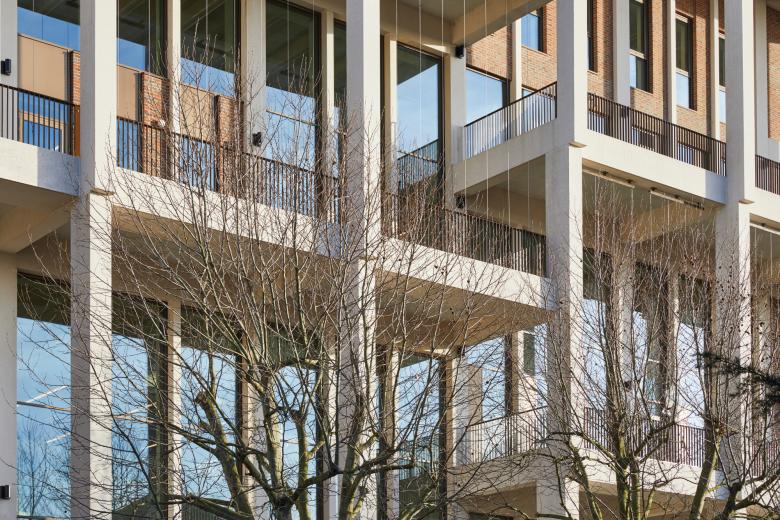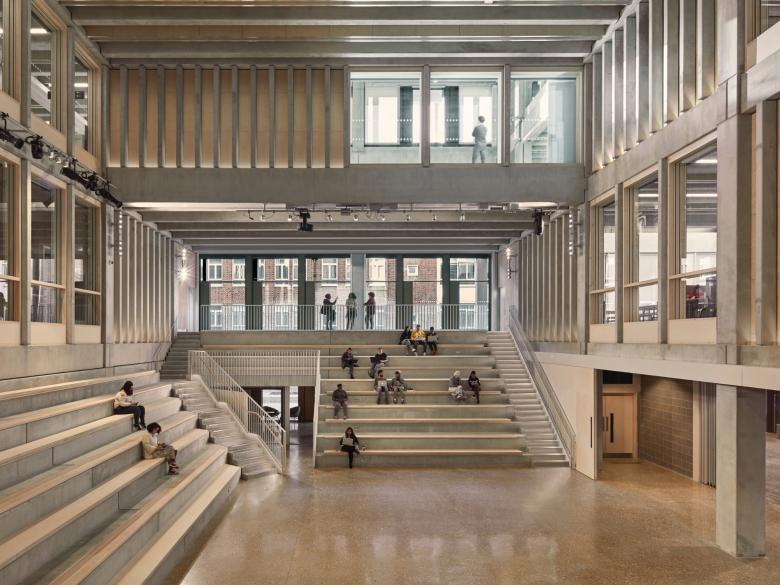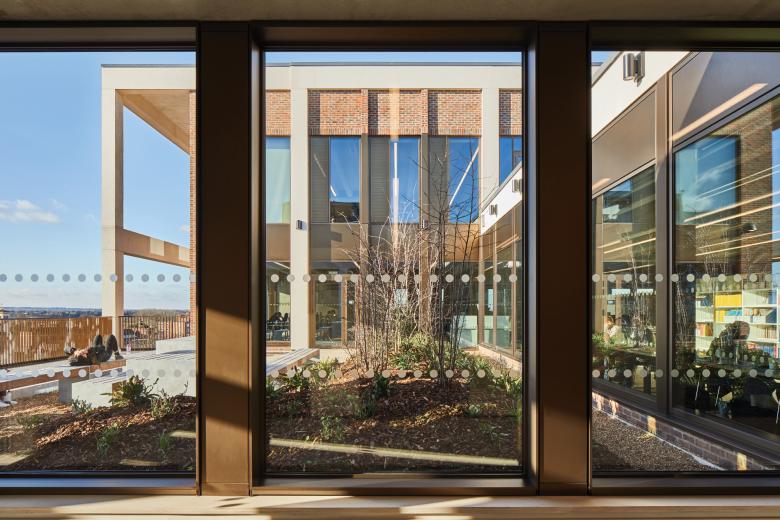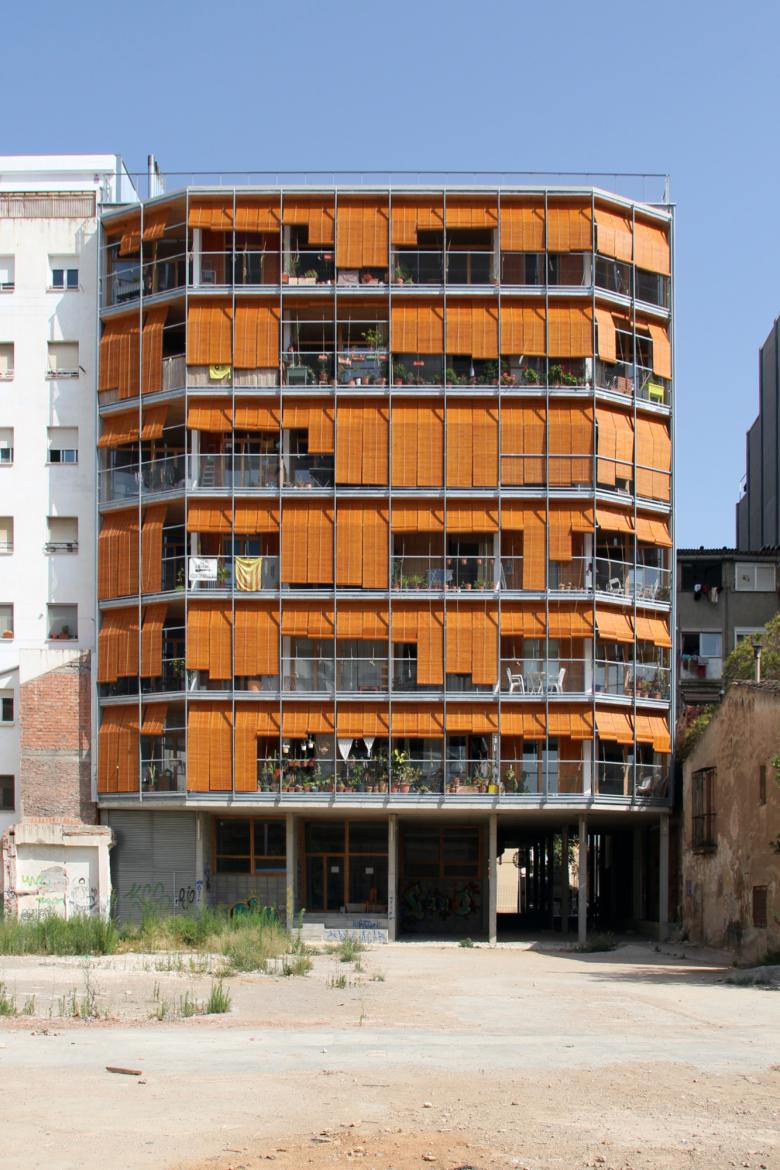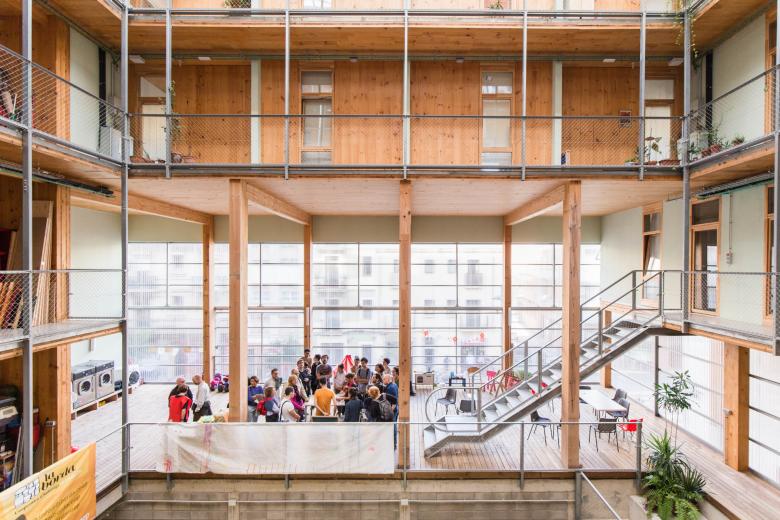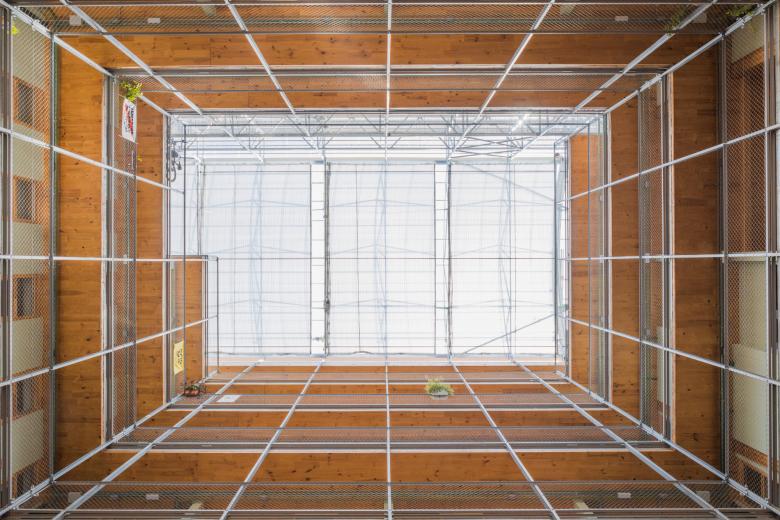Winners of 2022 EU Mies Awards Announced
The European Commission and Fundació Mies van der Rohe have announced the two winners of the 2022 European Union Prize for Contemporary Architecture – Mies van der Rohe Award: Grafton Architects' Town House at Kingston University London is the Architecture winner, and La Borda Cooperative Housing by Lacol in Barcelona is the Emerging Architecture winner.
The two winners were announced today by Tamás Szűcs, Director of Culture and Creativity – Directorate-General for Education Youth Sport and Culture of the European Union, at a press conference in Brussels. The announcement is the culmination of an extra-long three-year, pandemic-induced process that saw 532 works in 41 countries nominated for what is considered the highest honor for architecture in the European Union.
The 2022 jury was chaired by Tatiana Bilbao and included Francesca Ferguson, Mia Hägg, Triin Ojari, Georg Pendl, Spiros Pengas, and Marcel Smets. According to a statement from the European Commission and Fundació Mies van der Rohe on today's announcement, the jury "agreed to start the conversations without a pre-established agenda and instead develop an active, involved and open attitude based on dialogue and debate between the different positions of each of the members." Their vision, furthermore, was "not based on the performance of comparative standards but on the grouping of complementary diversity with high added value as extraordinary contributions in different and specific contexts."
Town House – Kingston University London by Grafton Architects
The selection of Grafton Architects' Town House at Kingston University London as the Architecture winner is a departure from the two previous EU Mies winners, both multi-family residential transformations: Transformation of 530 Dwellings - Grand Parc Bordeaux in 2019 and DeFlat Kleiburg in 2017. Although its name indicates otherwise, the Town House is an academic building that houses two apparently incompatible uses: a library and dance studios. Besting four other finalists consisting of social housing, workplaces, cultural, and urban agriculture, this is actually the first time a university building has won the EU Mies Award.
Town House – Kingston University London is being "rewarded for its remarkable environmental quality that creates an excellent atmosphere for studying, dancing, gathering and being together," according to the statement from the European Commission and Fundació Mies van der Rohe. Town House is articulated as a multi-level colonnade on Penrhyn Road and across two other facades, aimed at creating a domestic atmosphere for the six-story, 9,000-square-meter building. Inside, the program is arranged "in a three dimensional matrix" where "spaces and uses interlock" to create "an environment that encourages overlap and exchange," according to the architects.
As summarized by the European Commission and Fundació Mies van der Rohe, the prize "shows that there is a need for public educational projects with the quality of this one, which dignifies people’s lives through education and being together and gives the same educational possibilities to everybody."
Before the EU Mies Award, Town House won the 2021 RIBA Stirling Prize. It has been quite a run for Yvonne Farrell and Shelley McNamara, the founders of Dublin's Grafton Architects: they were laureates of the 2020 Pritzker Architecture Prize, won the RIBA Royal Gold Medal the same year, and two years previously curated the 2018 Venice Architecture Biennale.
La Borda cooperative housing by Lacol in Barcelona
While the 2022 EU Mies Prize is going to a high-budget (5,267 €/m2) educational building designed by famous architects, the Emerging Architecture Prize is being awarded to its near opposite: a low-budget (840 €/m2) cooperative housing project designed by a cooperative architecture studio made up of fourteen professionals with different expertise and backgrounds. La Borda cooperative housing, located on the edge of an industrial area in Barcelona, consists of 28 housing units plus a variety of community spaces: "kitchen-dining room, laundry, multipurpose space, guestrooms, health space, storages, and exterior and semi-exterior spaces such as the patio, bike parking and terraces," according to the architects.
The statement from the European Commission and Fundació Mies van der Rohe acknowledges the "transgressive" nature of the project, given the context of housing production "dominated by macroeconomic interests." It is fitting that a project based co-ownership and co-management comes from a cooperative studio, Lacol, which offers "a role model and an active tool for promoting political and urban change from within the system, based on social, ecological and economic sustainability." Lacol's La Borda project beat out the other Emerging Architecture finalist: Enrico Fermi School in Turin, Italy, by BDR bureau.
